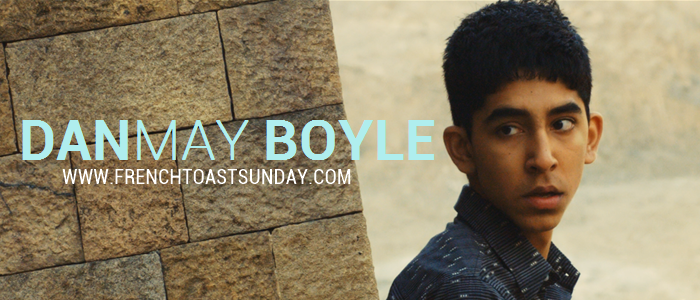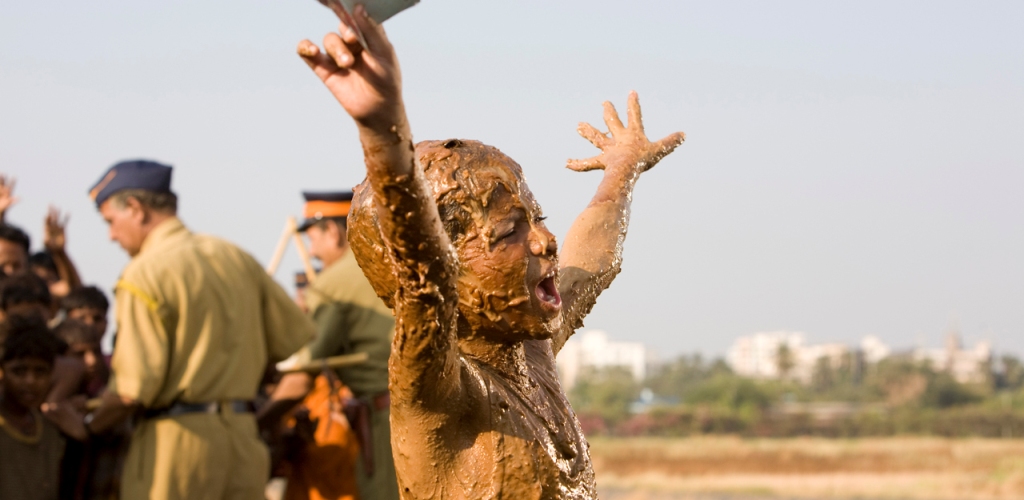
When I think of Danny Boyle movies I automatically skip back to his early British films: Shallow Grave, Trainspotting and 28 Days Later, before expanding to include the likes of Sunshine, The Beach and 127 Hours, and eventually I’ll think to myself “Oh yeah, he made Slumdog Millionaire too, didn’t he?” At first glance the 2008 Mumbai-set drama about a kid from the slums making it big on a television gameshow doesn’t seem to fit into Boyle’s back catalogue, but the more I watch it the more I see just how worthy it is of not only a place amongst those other great films, but all of the awards and accolades it received upon release. Here’s some reasons why I love it (Warning, lots of spoilers, pretty much immediately):
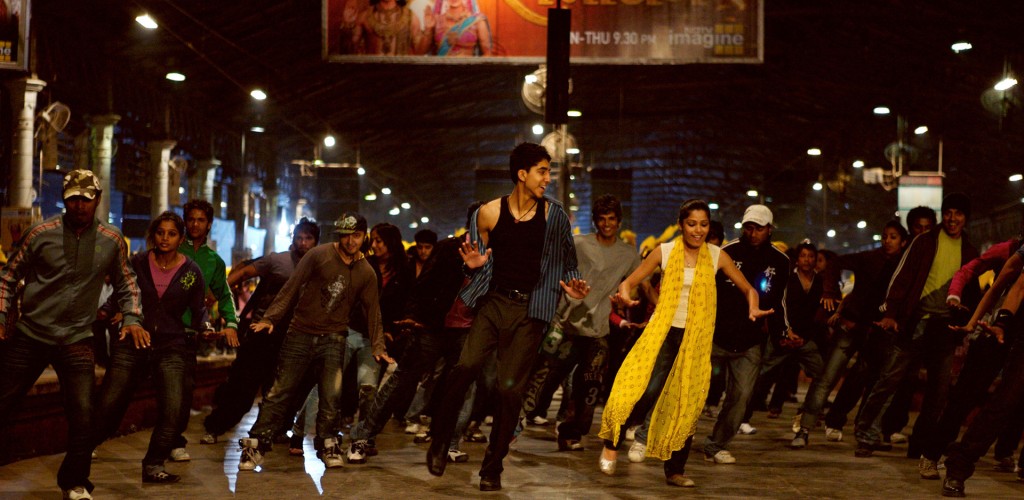
5. The Musical Number: I’m not generally a fan of musicals or dance scenes crowbarred into otherwise non-dance-filled movies, but there’s something that really works about the end credits of Slumdog Millionaire taking place alongside a massive dance number, led by Jamal (Dev Patel) and Latika (Freida Pinto). It happens just after Jamal and Latika have reconnected, after Jamal’s victory on the game show, and I see it as all the elation they were both feeling being so pent up and in need of a release that the only possible outcome is a synchronised dance number. Because why not? They’re so happy, why wouldn’t dozens of dancers just appear around them, and they become transported back to their younger selves, also dancing in the same train station.
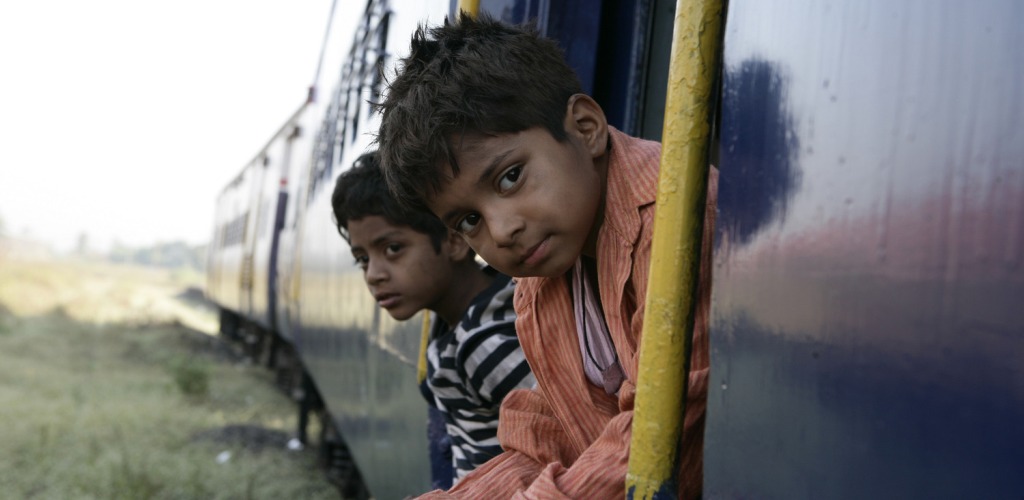
4. Jamal & Salim’s Relationship: The predominant story running through the film is Jamal’s desperation to find and save Latika, the girl he helped and befriended when they were both young, but whom he had to leave when he escaped from the orphanage. However, the relationship I find far more interesting is that between Jamal and his older brother, Salim (Madhur Mittal). They start off living in the slums of Mumbai with their mother, but when she is killed during a riot Salim takes on the responsibility of looking after his younger brother, but he maintains the dickish nature he’s always had – he locked Jamal in a toilet when his favorite movie star flew by, and when Jamal still obtained an autograph, Salim stole it and sold it. As they grow older Salim continues to both watch out for and ruin the life of his brother – it is Salim’s fault Latika was left behind at the orphanage – but still Jamal looks up to him and believes there is something good within him. The acting of both brothers throughout the three different actors that play each of them is pretty much perfect, and I’m not one to praise child actors too often, so they must be good.
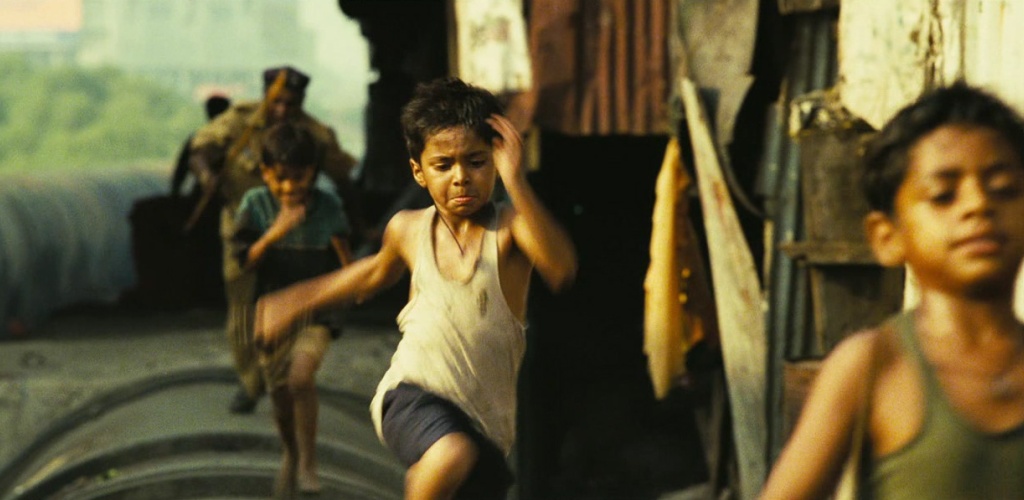
3. India: I’ve never been to India, but I feel Slumdog Millionaire gives a pretty accurate feeling of life there (no offence to anyone who lives there if I’m right or wrong). Boyle, along with co-director Loveleen Tandan and cinematographer Anthony Dod Mantle did an amazing job in capturing the vibrancy of life there – everything is brightly colored, loud and in your face, and despite showing the people who live there to be for the most part thieves, con artists and genuinely despicable people (again, no offence) it still makes me want to visit. Very early on, when we are first introduced to young Jamal and Salim, there is a chase through the slums when the boys are caught playing somewhere they shouldn’t be. The scene really sets up the pace of the rest of the film – it all moves at a relatively breakneck pace – as the kids scamper through the tight throng of the city, past bicycles and piles of garbage, hundreds of people going about their daily lives in this heaving mess of a town. It evoked memories of similar chases in City of God, and any film that reminds me of that must surely be a great film too.
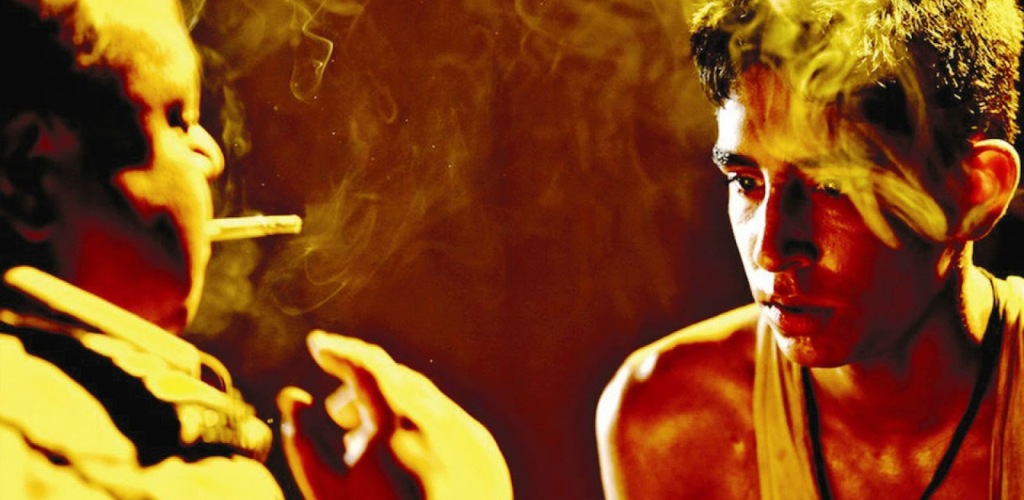
2. The Editing: Editing is something I don’t normally pick up on in a film, because often if it’s done properly you become so immersed within the story that you almost forget you’re watching one. However, some elements of Slumdog Millionaire are so well crafted that it’s almost impossible to ignore them. To most people this would be a relatively difficult story to tell, what with the story predominantly being told via a series of flashbacks recounted by Jamal to the police, who have brought him in for questioning when he is suspected of cheating on the gameshow Who Wants To Be A Millionaire? Each flashback reveals how it is that Jamal came to know the answers to each question he is asked, and the whole story flows so seamlessly that as far as I’m concerned it’s a masterclass in both storytelling and editing. The very start of the film features cutting between Jamal’s introduction onto the show with a friendly pat on the cheek from the host (Anil Kapoor), which is edited straight into a much more forceful slap Jamal receives during his interrogation much later. Cuts like that, which pepper the rest of the film, are just one example of how worthy Slumdog Millionaire‘s editor Chris Dickens was of winning his Best Editing Oscar.
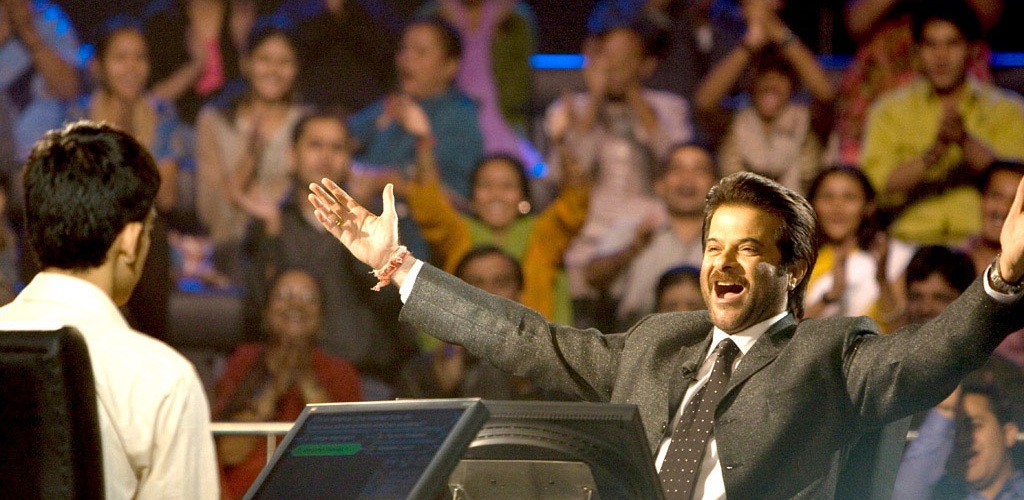
1. Anil Kapoor: I’ve realised fairly recently that I’m something of a fan of comically despicable villains. Slumdog Millionaire has a cornucopia of detestable people – the rioters, the orphanage runner and his crew who burn out children’s eyes so they earn more money, the gangster Latika becomes entangled with, and for a large portion of the film Jamal’s brother, Salim – but the one with the most screen time, and the most charismatic villain of the piece, is Anil Kappor’s Prem, the host of the show upon which Jamal is competing. I’ve never met a game show host in real life, but it wouldn’t surprise me to discover that they’re not always as friendly and positive as they appear on screen. The UK equivalent of Who Wants To Be A Millionaire? is hosted by a guy called Chris Tarrant, whose infuriating manner of drawing out questions and answers to an unbearable length succeeds in ramping up the tension, but also makes me throw my slippers at the TV screen, which is exactly what Kapoor’s Prem does too. He isn’t an actor I’m very familiar with, but judging by his 117 acting credits on IMDb I can assume he is something of a big deal in his native country, and from what I’ve seen here I have no problem with that. He plays an arsehole disconcertingly well, whether it be in mocking Jamal’s job as a “chai wallah” (tea boy) or advising him during an ad break to take the money and run, as he doesn’t think Jamal will get the next question correct. He’s very much a boo-hiss pantomime villain with no redeeming qualities – his anger stems from Jamal threatening to steal his spotlight, as he believes it is his show, not the contestants – and that makes it so much fun to see Prem having a taste of his own medicine when Jamal becomes more confident in the situation and talking back to Prem. It’s clear the behind-the-scenes crew of the show all secretly hate Prem too – they’re delighted to see him squirm – and we share in their joy.
Are you a fan of Slumdog Millionaire? What do you love about it? Let us know in the comments.

